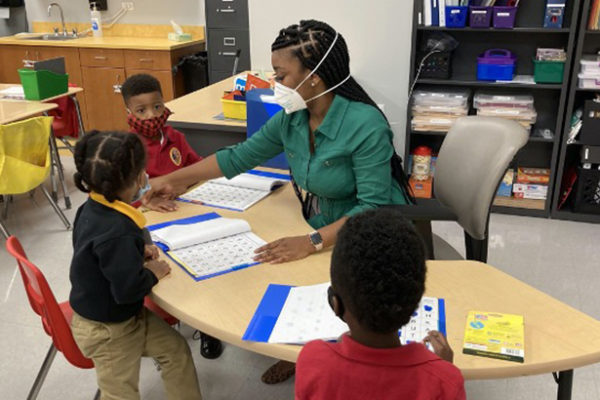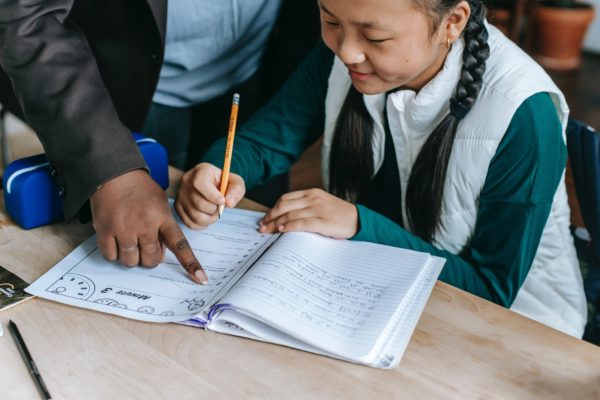This study identifies a path forward for New Orleans’ uniquely decentralized school system to coordinate services for students with disabilities through an Educational Service Agency while maintaining its commitment to autonomous charter schools.
With their increased autonomy and flexibility, charter schools can be a promising educational option for students with disabilities. However, during the inception of the charter movement, very few people were focused on ensuring that state charter school policies addressed the needs of students with disabilities.
On July 24, 2023, the Office of Special Education Programs (OSEP) of the U.S. Department of Education (US ED) released a Dear Colleague letter (DCL) and lengthy guidance related to the responsibilities states have to oversee the education of students with disabilities in their schools and to ensure that those students are afforded all of their rights under the Individuals with Disabilities Act (IDEA). Read about why this matters and how it impacts charter schools in the full report.
“Enabling Meaningful Inclusion: Lessons from School Leaders” explores how various school districts across the country intentionally create learning environments for students with disabilities.
The Inclusive School Spotlight Series is back with Season 2! The podcast collaboration between CLE and EALA highlights schools that are using innovative practices to educate students with disabilities.
CLE released “How has the pandemic affected students with disabilities? An update on the evidence: Fall 2022”, a report exploring evidence on how the Covid-19 pandemic has affected America’s students.







